Ministry amends regulations on anti-transfer pricing, thin capital
The Ministry of Finance is seeking opinions from ministries, branches and associations on the draft Report to the Government on the necessity of amending and supplementing Decree No. 132/2020/ND-CP dated November 5, 2020 of the Government regulating tax management for enterprises with related-party transactions.
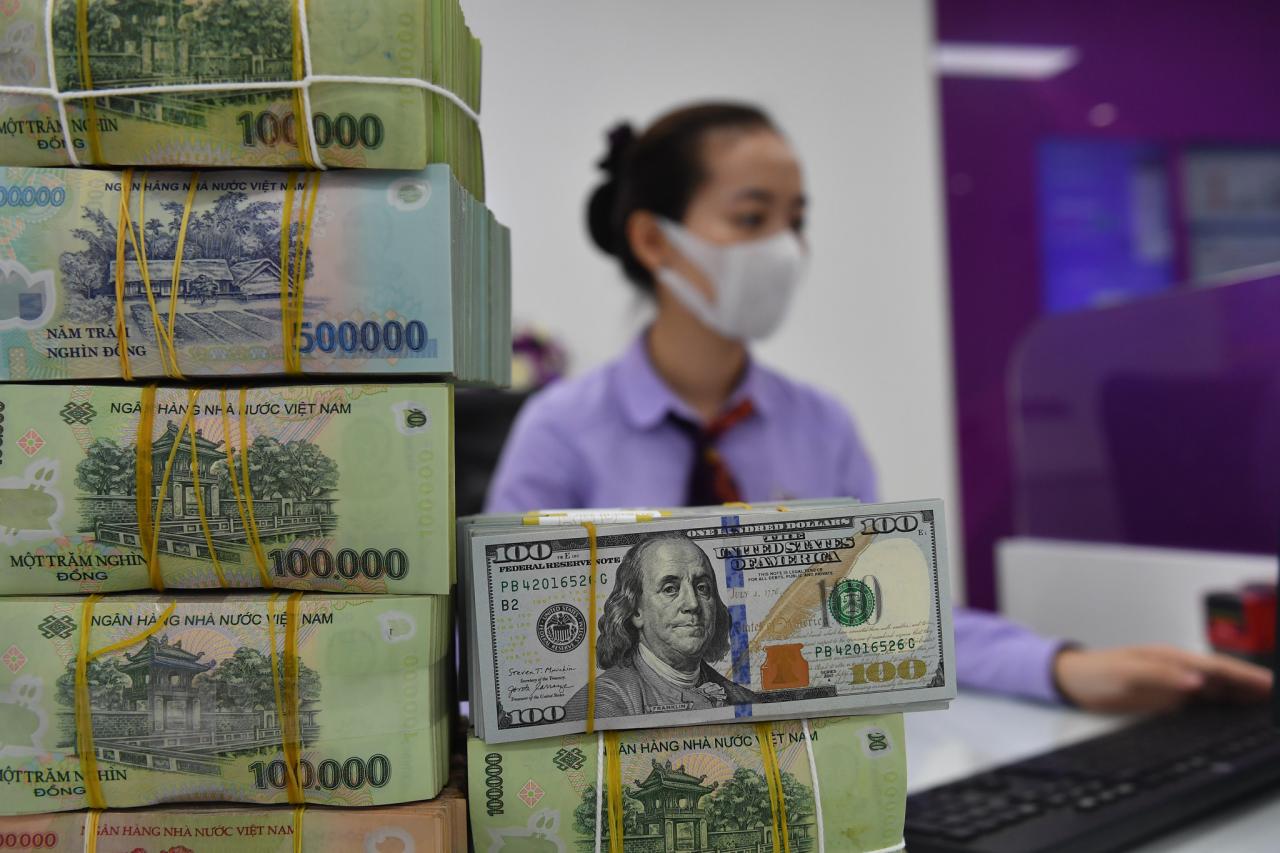
One of the notable changes mentioned in this draft is that the Ministry of Finance has agreed to amend and supplement Point d, Clause 2, Article 5 of Decree No. 132/2020/ND-CP to exclude the determination of affiliated relationships in cases where credit institutions and other organizations have banking functions.
This is one of the most recommended contents by enterprises. Because enterprises believe that borrowing capital from banks to serve production and business activities is a common activity of enterprises in Vietnam, this is also a normal business activity (credit granting activity) of banks.
Enterprises and banks are completely independent of each other, there is no control, management, or capital contribution by the bank to the production and business activities of the enterprise. The interest expense of the enterprise is the actual cost serving the production and business activities. Therefore, controlling and eliminating interest expense for enterprises in this case is not appropriate.
According to experts, this must be fixed and should have been fixed a long time ago.
Talking to PV.VietNamNet, Mr. Chung Thanh Tien, the Accounting Association of Understanding and Doing Correctly under the Ho Chi Minh City Accounting Association (HAA) said: There is no need to argue that banks are not affiliated parties with businesses. They are credit institutions, currency trading units. The fact that they lend to businesses is like selling their products. If anyone has a need, they sell and keep the collateral. They lend and take interest.
"Therefore, bank loan interest must be a fully deductible expense of the business, there is no reason why it should not be," Mr. Chung Thanh Tien analyzed.
However, this draft has not yet mentioned a number of issues that have been proposed by businesses in recent times. That is, the proposal to remove the ceiling on controlling interest expenses as proposed by the Ho Chi Minh City Real Estate Association (HOREA) or at least increase the control level on interest expenses from 30% to 50% of the total net profit from business activities in the period plus interest expenses after deducting deposit interest and loan interest incurred in the period plus depreciation expenses incurred in the period ("EBITDA").
In addition, the proposal to increase the period for transferring interest expenses in excess of the control level (“LVVC”) from 5 years to 7 years to match the economic situation has not been mentioned.

It is difficult to classify Vietnamese enterprises with enterprises of developed countries.
For many years, the Ministry of Finance has been trying to find solutions to combat transfer pricing and thin capital. Decree 20 of 2017 on tax management of related-party transactions, up to Decree 132 on this content, also aimed at that purpose. However, according to experts, these regulations do not have much effect on FDI enterprises.
The purpose of Decree 132 is to prevent transfer pricing for foreign-invested enterprises with related-party transactions. However, FDI enterprises in Vietnam are subsidiaries of corporations with parent companies in developed countries. Because loan interest rates in developed countries (Japan, Korea, Europe, America...) are relatively low, FDI enterprises borrow at low interest rates, minimizing interest costs. Therefore, FDI enterprises are less affected by cost controls.
When issuing Decree 132, the authorities referred to practices in developed countries to set a control level of 30% EBITDA. However, Mr. Chung Thanh Tien said that this control level is currently not really suitable for the economic context of Vietnam and causes difficulties for domestic enterprises.
“Vietnam’s economy and Vietnamese enterprises are not as large and healthy as those of OECD, G7, and G20 countries. Their enterprises are strong and growing, while our enterprises are struggling to make ends meet and have to borrow money from banks to do business. Therefore, they have to use credit leverage to do business and borrow money from others to enrich themselves. This is also consistent with the actual situation,” Mr. Tien said about the shortcomings of “fighting against thin capital”.
Therefore, Mr. Tien affirmed: Right from Decree 20, or later Decree 132 on tax management with related-party transactions, I have clearly stated my views on this issue. I do not agree with the control of deductible interest expenses because the Decree is not consistent with the Law on Corporate Income Tax. The Law on Corporate Income Tax has stipulated that if an enterprise's interest expense is below 150% of the basic interest rate, it is considered a reasonable expense and the enterprise can deduct it when calculating corporate income tax. The Law on Corporate Income Tax has stipulated so, but Decree 20 and then Decree 132 further stipulate the content of interest expenses.
"With such shortcomings, the Ministry of Finance's direction to revise it still does not remove the control over deductible loan interest expenses, but only removes the place where banks are the subjects of related transactions," Mr. Tien shared.
Mr. Nguyen Ngoc Quang, Chairman of the Board of Directors of QMC Consulting Company Limited, Vietnam Association of Certified Public Accountants (VICA), said: The opinion on raising the control level of interest expenses of enterprises is consistent with the actual situation in Vietnam because Vietnamese enterprises have very limited equity capital.
“It is possible to increase the control level of interest expenses from 30% to 50%, and then give the authority to the Ministry of Finance. After a period of increasing the control level, based on the actual situation, the Ministry of Finance can keep the control level at 50% or adjust it further,” said Mr. Quang.
Regarding the roadmap for amending Decree 132, the Ministry of Finance said that based on the comments received, it will continue to complete it, seek appraisal opinions from the Ministry of Justice, and submit it to the Government for promulgation in the fourth quarter of 2024. However, according to experts, because the proposed changes have a significant impact on businesses, in order to support businesses to overcome difficulties, the Decree amending and supplementing Decree 132 needs to be issued soon and take effect from the tax year 2023. |

Source


![[Photo] Parade to celebrate the 50th anniversary of Laos' National Day](/_next/image?url=https%3A%2F%2Fvphoto.vietnam.vn%2Fthumb%2F1200x675%2Fvietnam%2Fresource%2FIMAGE%2F2025%2F12%2F02%2F1764691918289_ndo_br_0-jpg.webp&w=3840&q=75)


![[Photo] Worshiping the Tuyet Son statue - a nearly 400-year-old treasure at Keo Pagoda](/_next/image?url=https%3A%2F%2Fvphoto.vietnam.vn%2Fthumb%2F1200x675%2Fvietnam%2Fresource%2FIMAGE%2F2025%2F12%2F02%2F1764679323086_ndo_br_tempimageomw0hi-4884-jpg.webp&w=3840&q=75)








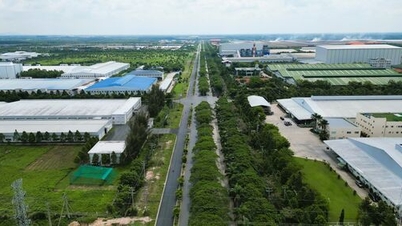

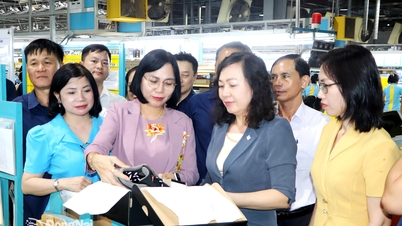























































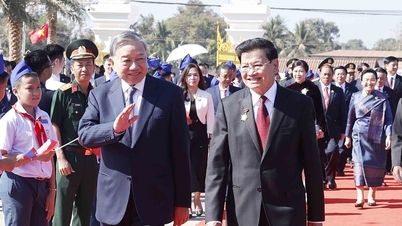







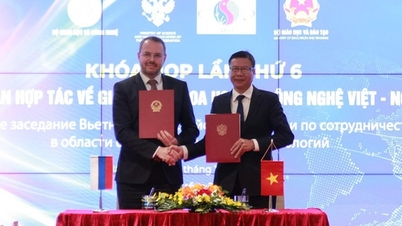
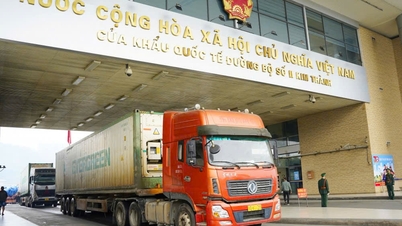



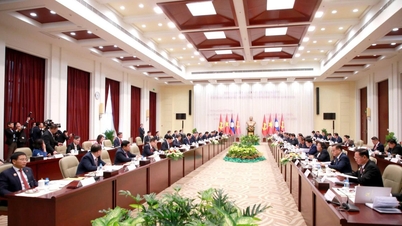

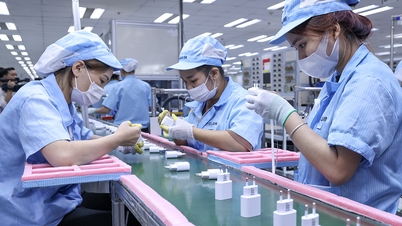
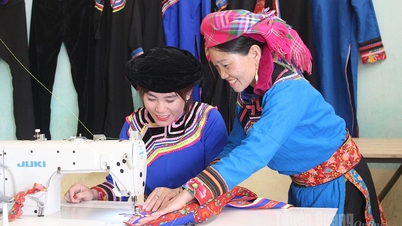


















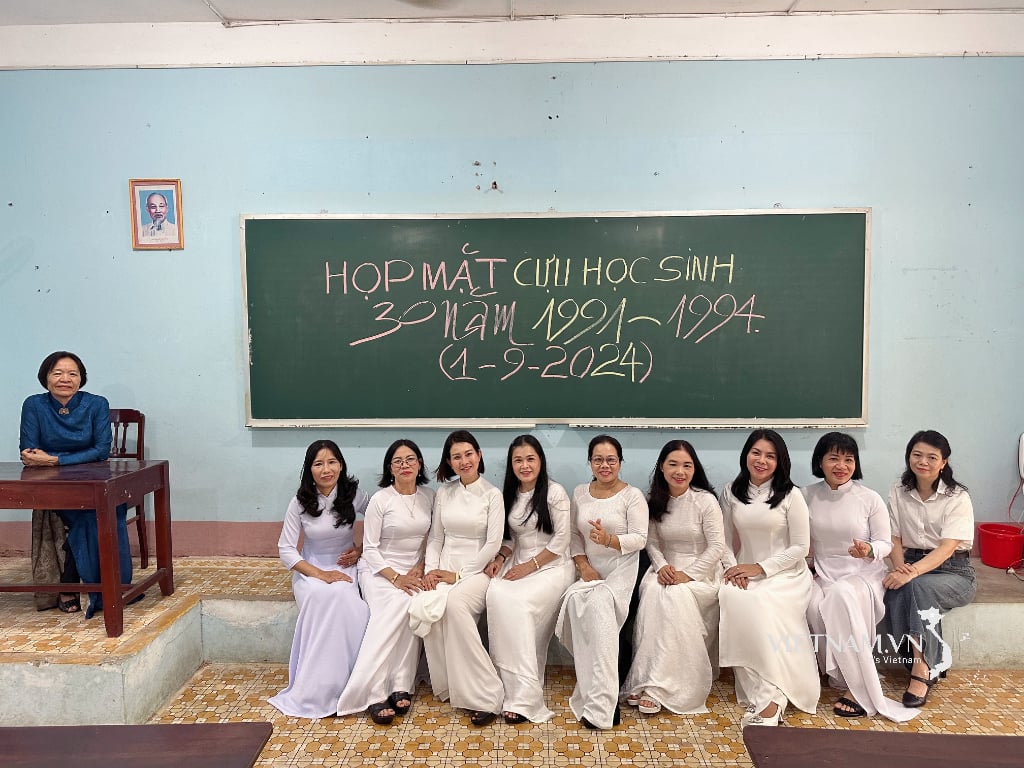

Comment (0)